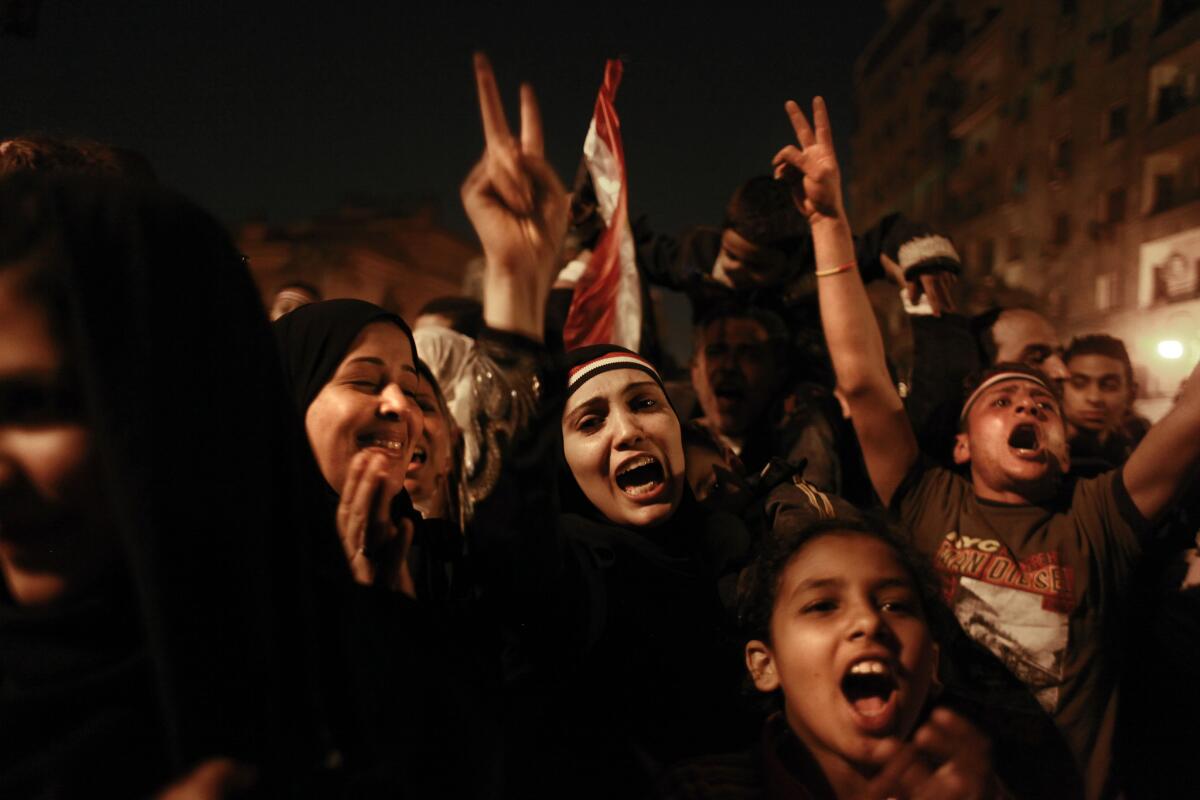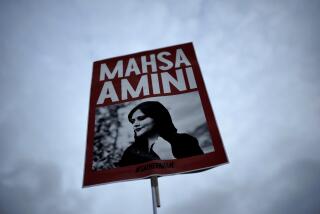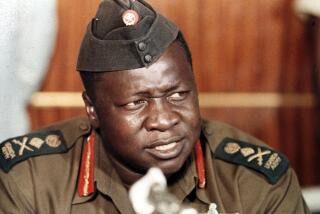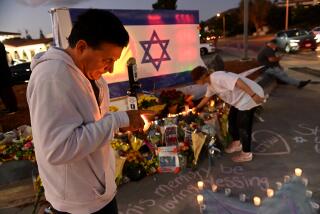In Egypt, activist’s death seen as embodiment of dashed hopes

CAIRO -- To many of those who took part in Egypt’s 2011 revolution against Hosni Mubarak, the death of Bassem Mohsen epitomized that era’s dashed hopes.
Mohsen, 25, was shot in the head last week during an anti-government protest in his native city of Suez. On Sunday, he was confirmed dead. On Monday, friends and family gathered outside the hospital where the body lay, waiting for official permission for an autopsy to be carried out.
The young activist was a veteran of protests against not only Mubarak, but the military administration that followed him, the Islamist rule of Mohamed Morsi, and most recently, the military-backed interim government.
“The story of a revolution. ... The end of the story,” said a message posted on a Facebook page memorializing him.
“Bassem died exactly like the dream of having a better country is dying,” read another post.
Days later, it was still unclear whether Mohsen had been shot by security forces or by fellow protesters. But he was mourned as part of the cohort of 2011 revolutionaries who have fallen on hard times.
Three well-known activists of the uprising against Mubarak received three-year jail sentences on Sunday for violating a tough new anti-protest law. Last week, the Cairo office of a prominent rights group was raided and some of its workers roughed up and arrested, though most were later released. And the case of about two dozen other secular activists, also arrested for unauthorized protests, has been referred to a criminal court.
In late 2010, Mohsen was one of the first to leave his city and join the protest movement that ended Mubarak’s rule the following year. That was just the beginning; later the same year he lost an eye during violent protests against the Interior Ministry, which oversees the country’s security forces. It was later disclosed that police snipers had been specifically instructed to aim for protesters’ eyes.
A military tribunal sentenced him to two years in jail in August 2012. His subsequent pardon by Morsi, then the president, did not prevent him from joining the anti-Morsi protest movement known as Tamarod, or Rebellion.
The violent crackdown on Morsi’s Muslim Brotherhood over the past four months spurred Mohsen to join in demonstrations put on by supporters of the Islamist movement, decrying the coup that toppled Morsi. It was at such a rally that he was hit with what proved a fatal shot.
Hassan is a special correspondent. Staff writer Laura King in Cairo contributed to this report.
More to Read
Start your day right
Sign up for Essential California for news, features and recommendations from the L.A. Times and beyond in your inbox six days a week.
You may occasionally receive promotional content from the Los Angeles Times.






